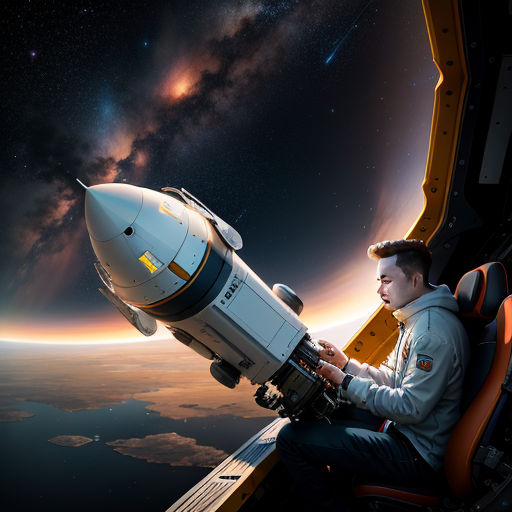
The Innovator's Journey
By zakikhanaaaaa

26 Jan, 2024

Born in Pretoria, South Africa, in 1971, Elon Musk's journey began with a fascination for computers and technology. At just 10 years old, he got his hands on a Commodore VIC-20, a personal computer, and started to learn coding.
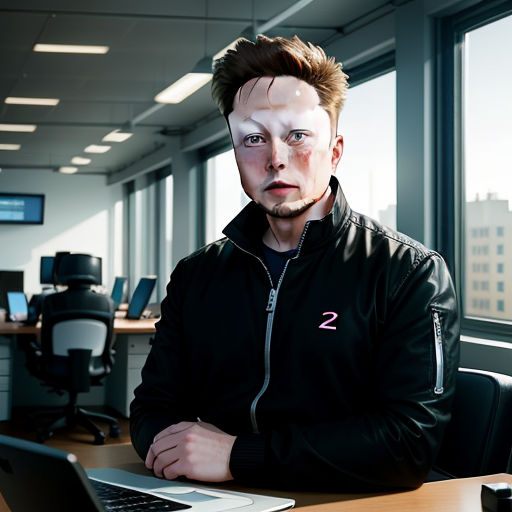
His interest in technology led him to co-found Zip2, an early web software company, in 1996. The company provided business directories and maps for newspapers. It was a significant success and was bought by Compaq in 1999.
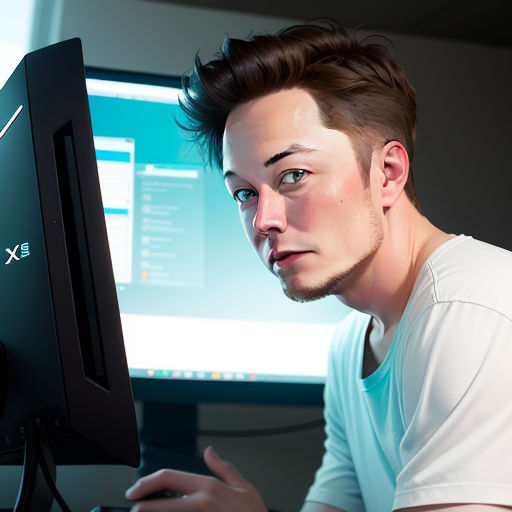
With the money from the Zip2 sale, Musk founded X.com, an online payment company. It was a risky venture, but Musk's belief in the power of the internet paid off. X.com later became PayPal, a household name worldwide.

After PayPal's acquisition by eBay in 2002, Musk turned his attention to space. He founded SpaceX with the dream of making space exploration accessible and affordable.
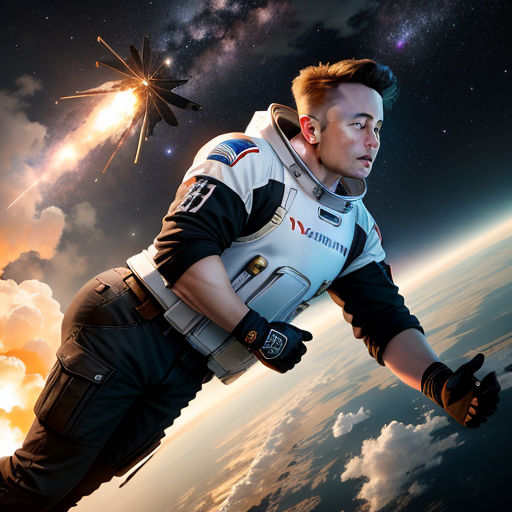
SpaceX launched its first rocket, Falcon 1, in 2006. Though the first three launches failed, Musk remained undeterred. The fourth launch was successful, marking a significant milestone in commercial spaceflight.
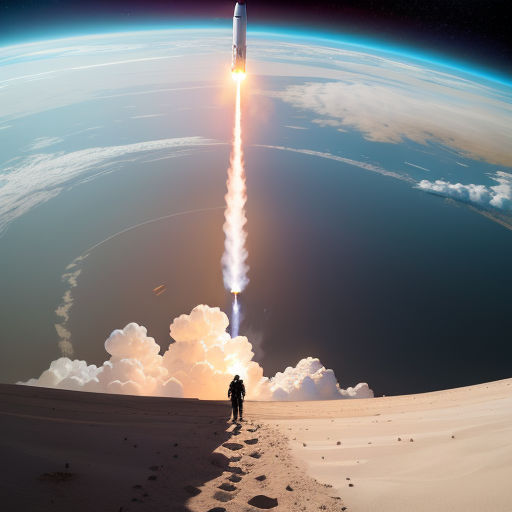
In 2008, SpaceX made history by launching the first privately-funded liquid-fueled rocket to reach orbit. This achievement was a testament to Musk's tenacity and innovative spirit.
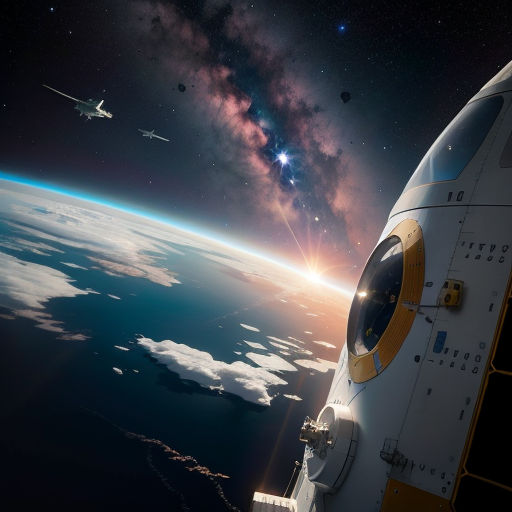
In 2012, SpaceX's Dragon spacecraft docked with the International Space Station, another first for a private company. This reinforced Musk's vision of a future where space travel is commonplace.
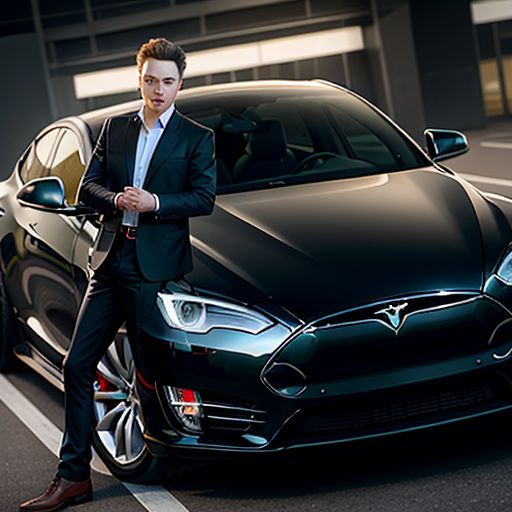
Alongside SpaceX, Musk also turned his attention to electric vehicles and founded Tesla Motors in 2003. His aim was to prove that electric cars could be better than gasoline-powered cars.
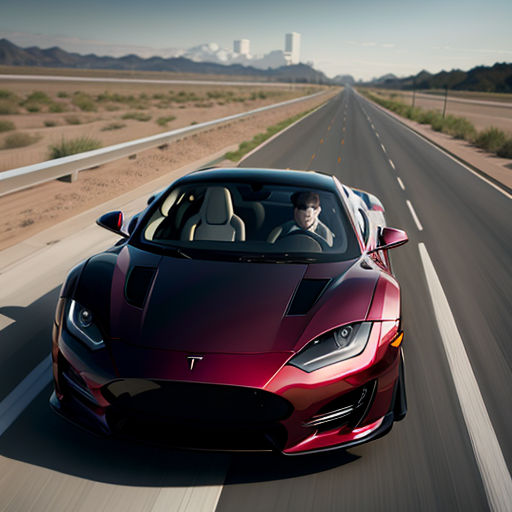
Tesla's first car, the Roadster, hit the roads in 2008. It was the first highway-legal electric vehicle to use lithium-ion battery cells, and the first production car to travel more than 200 miles per charge.

Musk's vision extended beyond cars and space. In 2006, he co-founded SolarCity, a company focused on solar energy services. This was part of Musk's plan to combat global warming.
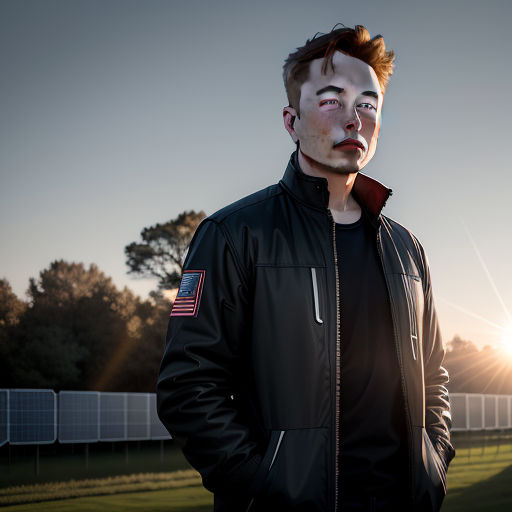
In 2015, Musk announced the creation of the Powerwall, a home battery product. It was designed to store solar power for use during the night or power outages, further promoting sustainable living.
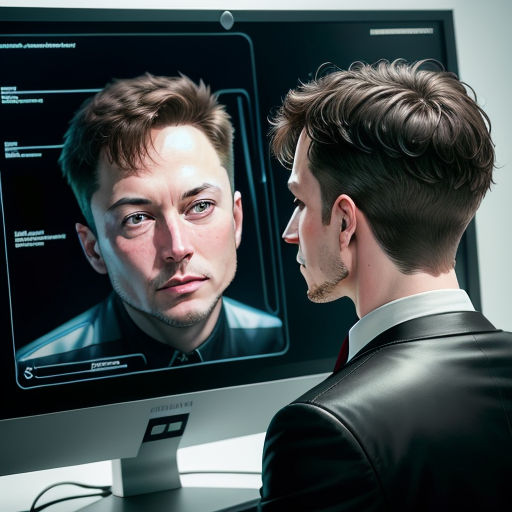
In 2016, Musk co-founded Neuralink, a neurotechnology company. The company aims to develop implantable brain–machine interfaces, another testament to Musk's relentless pursuit of innovation.
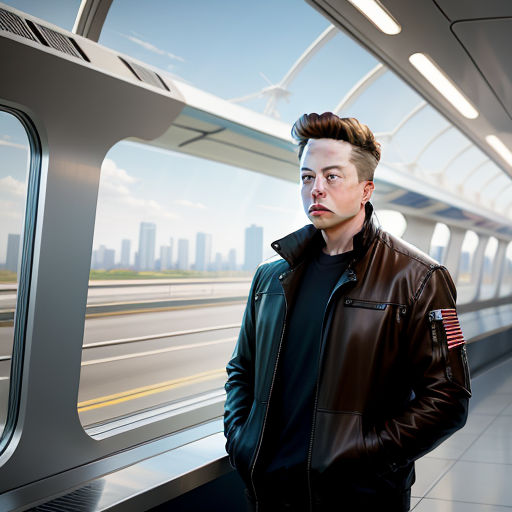
Musk also played a role in the development of the Hyperloop concept, a high-speed transportation system. This concept further emphasizes his focus on sustainable and efficient transportation solutions.
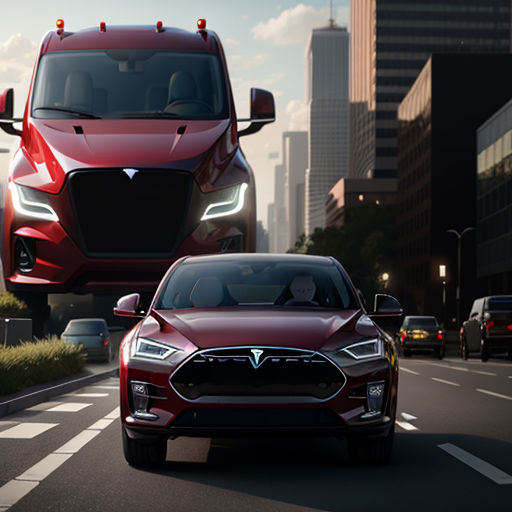
In 2019, Musk unveiled the Cybertruck, Tesla's electric pickup truck. With its futuristic design, it once again challenged conventional ideas about what a vehicle could be.
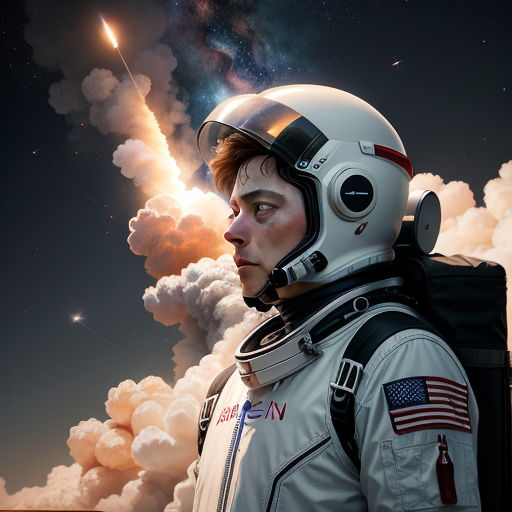
In 2020, SpaceX launched its first manned mission, sending two NASA astronauts to the International Space Station. This marked a new era of commercial space travel.

Throughout his journey, Musk faced many challenges. But his determination, courage, and unwavering belief in his vision have allowed him to overcome these obstacles and continue to push boundaries.
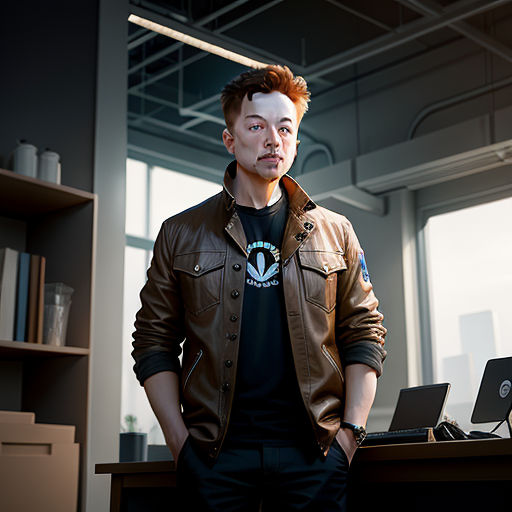
Musk's life is a testament to the power of innovation and entrepreneurial spirit. His work across multiple industries has not only changed the world but also shaped the way we think about the future.
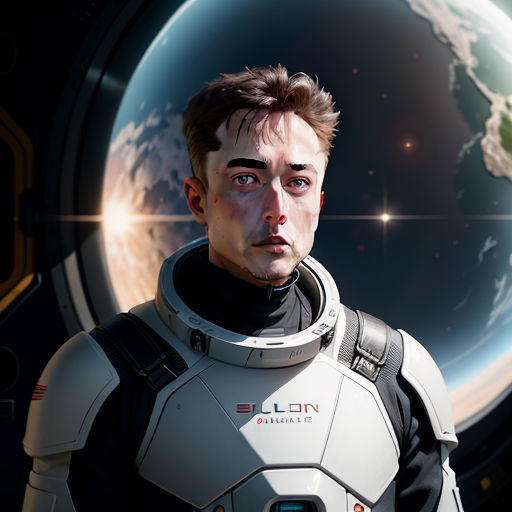
His ventures are not just businesses, but missions to solve global problems and advance humanity. From renewable energy to space exploration, Musk's vision continues to inspire and challenge us.
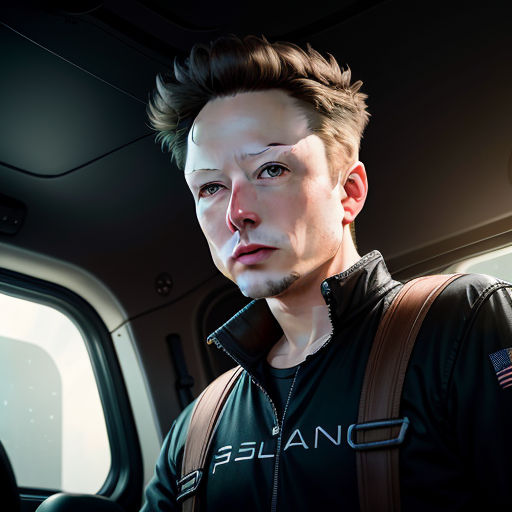
Despite his success, Musk remains a man of action, tirelessly working towards his next goal. His story continues to unfold, promising more innovations and breakthroughs in the years to come.
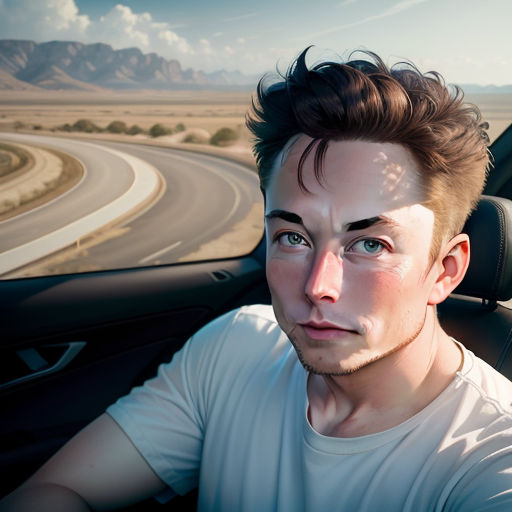
The journey of Elon Musk, an innovator and entrepreneur, serves as a beacon of possibility. It is a reminder that with passion, vision, and persistence, one can truly change the world.